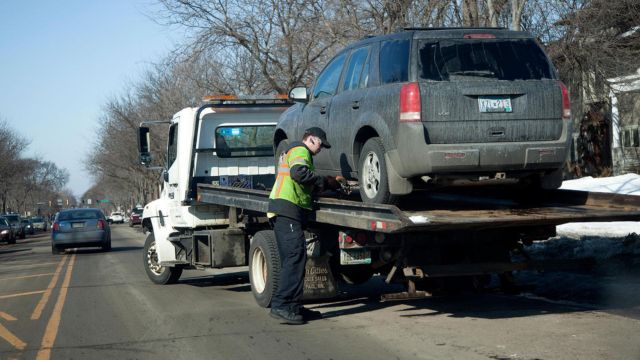Delaware is on the verge of making automobile towing a less daunting experience with a proposed bill aiming to tighten regulations on towing companies.
For anyone who has encountered the frustrating situation of discovering their parking spot empty, the scenario is all too common.
Shawn Godlang from Dover shared his unpleasant experience, stating, “I parked on one side and went to the store on the other side. Came out and my car was gone. I had to be driven out to the countryside to the tow place and pay a couple hundred dollars to get it back, and it was awful.”
House Bill 351 is designed to ease the burden of retrieving towed vehicles. Among its provisions, the bill stipulates that towing companies must accept credit cards and allow owners to retrieve personal belongings from towed cars without extra charges.
Many drivers are optimistic about these proposed changes. “Sometimes people leave important stuff in their car; they should have the right to collect their belongings,” remarked Eric DeGirolomo.
However, concerns linger about the interpretation of the requirement for towing companies to make “reasonable accommodations” for vehicle retrieval. “The word ‘reasonable,’ I think, can kind of be manipulated,” DeGirolomo added.
The legislation also sets a $500 limit on storage fees, a measure contested by tow truck operator John Moss. Moss argued, “If you just cap it off at a certain price, who knows if they are going to pick up the cars? Nobody wants to keep the cars forever and ever because the lot fills up.”
Currently awaiting deliberation by the House Public Safety and Homeland Security Committee, if passed, enforcement of the law would be overseen by the Consumer Protection Unit of the Delaware Department of Justice.
Additional provisions outlined in HB351 include:
- Requiring tow companies to document unauthorized parked vehicles with photos before towing.
- Ensuring transparency by making tow and storage rates publicly visible.
- Allowing vehicle owners to retrieve their vehicles before towing with a drop fee not exceeding 50% of the tow fee.
- Requiring storage facilities to operate from 8 a.m. to 6 p.m., five days a week, with after-hours arrangements for vehicle retrieval.
- Guaranteeing reimbursement of tow and storage fees, alongside damages, if towing breaches the law.
- Holding towing companies accountable for property damage resulting from non-consensual towing.
- Prohibiting tow companies from actively seeking illegally parked cars or offering rewards for information on unauthorized parking.




